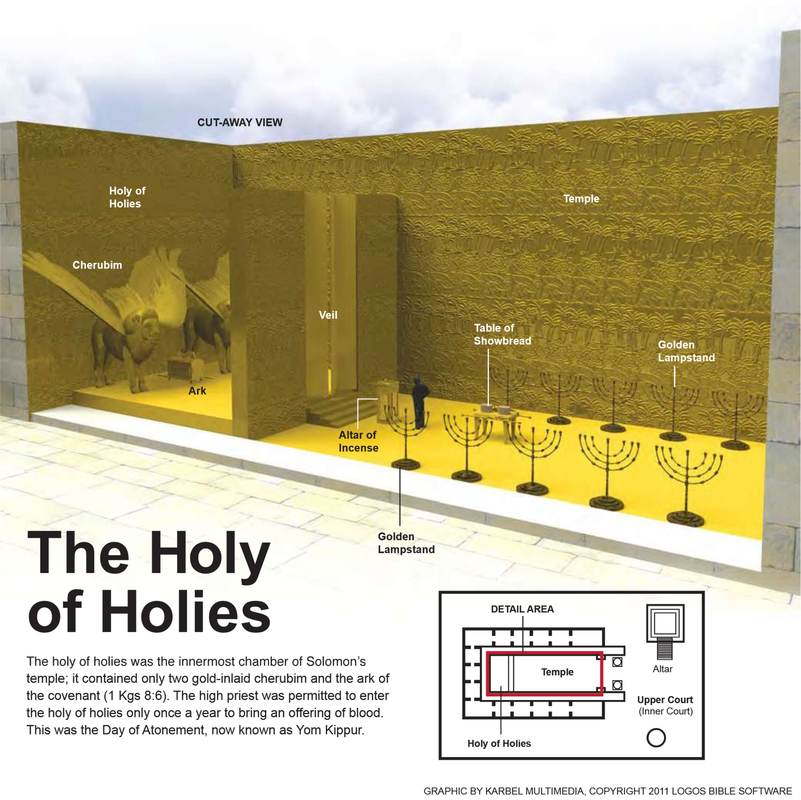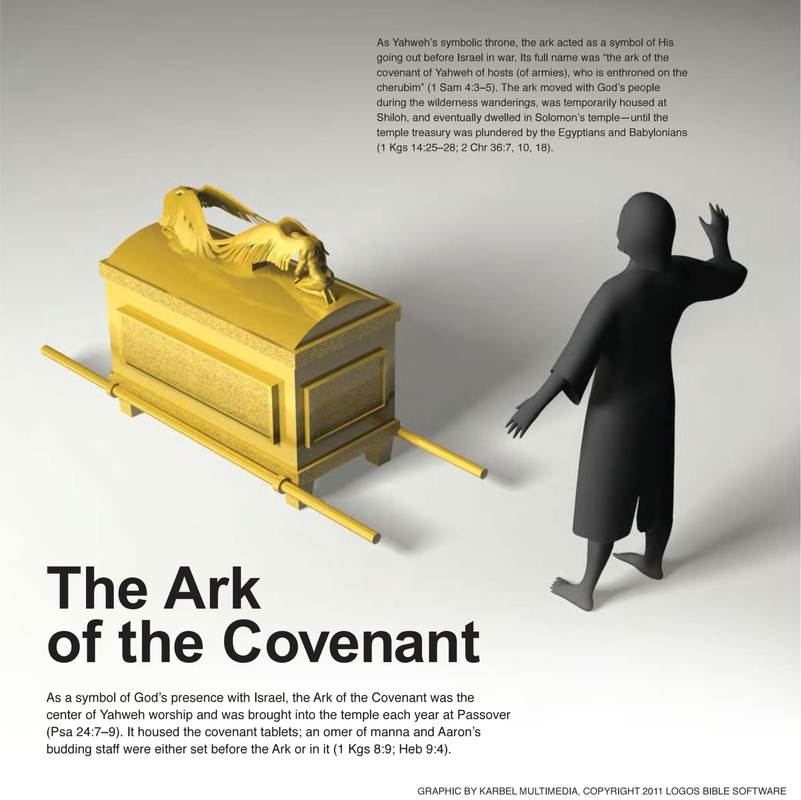Click here to read today's passage on Bible Gateway.
Faith, Continued
Again, today has so much that could be said, but it already says it well enough in so many ways. Lest they be passed over, here's some information about the people/events that weren't specifically named in the passage, starting in verse 32:
" • Gideon, one of Israel’s judges, was known for conquering the Midianite army with only three hundred men who were armed with trumpets and jars (Judges 6:11–8:35).
• Barak served with Deborah (another judge of Israel) in conquering the army of General Sisera from Hazor (Judges 4:4–23).
• Samson, another judge, was a mighty warrior against God’s enemies, the Philistines (Judges 13–16).
• Jephthah, still another judge, delivered Israel from the Ammonites (Judges 11:1–33).
• David, the beloved king of Israel and a great warrior, brought peace to Israel, defeating all of his enemies.
• Samuel, the last judge of Israel, was a very wise leader. He also was a prophet. Samuel, along with all the prophets, served God selflessly as they conveyed God’s words to an often rebellious people.
• They conquered kingdoms. Throughout their years in the Promised Land, the Israelites had great leaders who brought victory against their enemies. People such as Joshua, all of the judges, and King David were great warriors.
• They administered justice. Many of the judges, as well as leaders such as Nehemiah, administered justice to the people.
• They gained what was promised. Some people actually did see the fulfillment of some of God’s promises, such as possession of the Promised Land.
• They shut the mouths of lions. Daniel was saved from the mouths of lions (Daniel 6). This statement could also refer to Samson (Judges 14:6) or to David (1 Samuel 17:34–35).
• They quenched the fury of the flames. Shadrach, Meshach, and Abednego were kept from harm in the furious flames of a fiery furnace (Daniel 3).
• They escaped the edge of the sword. Elijah (1 Kings 19:2–8) and Jeremiah (Jeremiah 36:19, 26) had this experience.
• Their weakness was turned to strength. Hezekiah was one who regained strength after sickness (2 Kings 20).
• They became powerful in battle and routed foreign armies. This refers to Joshua, many of Israel’s judges, and King David.
• mocked—like Elisha (2 Kings 2:23–25), Nehemiah (Nehemiah 2:19; 4:1), and Jeremiah (Jeremiah 18:12)
• cut open with whips—like Jeremiah (Jeremiah 37:15)
• chained in dungeons—like Joseph (Genesis 40:15), Samson (Judges 16:21), Micaiah (1 Kings 22:26–27), Hanani (2 Chronicles 16:10), and Jeremiah (Jeremiah 37:16; 38:6).
• They were stoned—like Zechariah (2 Chronicles 24:20–21); according to Jerome, Jeremiah was stoned at the hands of Jewish Egyptians because he denounced their idolatry.
• They were sawed in two—like Isaiah, presumably. Although we do not know for sure, tradition (from the apocryphal book, The Ascension of Isaiah, chapters 1–5) says that the prophet Isaiah was sawed in half at the command of King Manasseh because Isaiah had predicted the destruction of the temple. Isaiah had at first escaped and hid in the trunk of a tree while in the hill country. Manassah supposedly had the tree sawed in half with Isaiah in it.
• They were put to death by the sword—although some prophets did escape death by the sword, others did not (see 1 Kings 19:10)." [1]
Faith, Continued
Again, today has so much that could be said, but it already says it well enough in so many ways. Lest they be passed over, here's some information about the people/events that weren't specifically named in the passage, starting in verse 32:
" • Gideon, one of Israel’s judges, was known for conquering the Midianite army with only three hundred men who were armed with trumpets and jars (Judges 6:11–8:35).
• Barak served with Deborah (another judge of Israel) in conquering the army of General Sisera from Hazor (Judges 4:4–23).
• Samson, another judge, was a mighty warrior against God’s enemies, the Philistines (Judges 13–16).
• Jephthah, still another judge, delivered Israel from the Ammonites (Judges 11:1–33).
• David, the beloved king of Israel and a great warrior, brought peace to Israel, defeating all of his enemies.
• Samuel, the last judge of Israel, was a very wise leader. He also was a prophet. Samuel, along with all the prophets, served God selflessly as they conveyed God’s words to an often rebellious people.
• They conquered kingdoms. Throughout their years in the Promised Land, the Israelites had great leaders who brought victory against their enemies. People such as Joshua, all of the judges, and King David were great warriors.
• They administered justice. Many of the judges, as well as leaders such as Nehemiah, administered justice to the people.
• They gained what was promised. Some people actually did see the fulfillment of some of God’s promises, such as possession of the Promised Land.
• They shut the mouths of lions. Daniel was saved from the mouths of lions (Daniel 6). This statement could also refer to Samson (Judges 14:6) or to David (1 Samuel 17:34–35).
• They quenched the fury of the flames. Shadrach, Meshach, and Abednego were kept from harm in the furious flames of a fiery furnace (Daniel 3).
• They escaped the edge of the sword. Elijah (1 Kings 19:2–8) and Jeremiah (Jeremiah 36:19, 26) had this experience.
• Their weakness was turned to strength. Hezekiah was one who regained strength after sickness (2 Kings 20).
• They became powerful in battle and routed foreign armies. This refers to Joshua, many of Israel’s judges, and King David.
• mocked—like Elisha (2 Kings 2:23–25), Nehemiah (Nehemiah 2:19; 4:1), and Jeremiah (Jeremiah 18:12)
• cut open with whips—like Jeremiah (Jeremiah 37:15)
• chained in dungeons—like Joseph (Genesis 40:15), Samson (Judges 16:21), Micaiah (1 Kings 22:26–27), Hanani (2 Chronicles 16:10), and Jeremiah (Jeremiah 37:16; 38:6).
• They were stoned—like Zechariah (2 Chronicles 24:20–21); according to Jerome, Jeremiah was stoned at the hands of Jewish Egyptians because he denounced their idolatry.
• They were sawed in two—like Isaiah, presumably. Although we do not know for sure, tradition (from the apocryphal book, The Ascension of Isaiah, chapters 1–5) says that the prophet Isaiah was sawed in half at the command of King Manasseh because Isaiah had predicted the destruction of the temple. Isaiah had at first escaped and hid in the trunk of a tree while in the hill country. Manassah supposedly had the tree sawed in half with Isaiah in it.
• They were put to death by the sword—although some prophets did escape death by the sword, others did not (see 1 Kings 19:10)." [1]
[1] Bruce B. Barton, David Veerman, Linda Chaffee Taylor and Philip Wesley Comfort, Hebrews, Life Application Bible Commentary (Wheaton, IL: Tyndale House Publishers, 1997), 197-200.



 RSS Feed
RSS Feed
